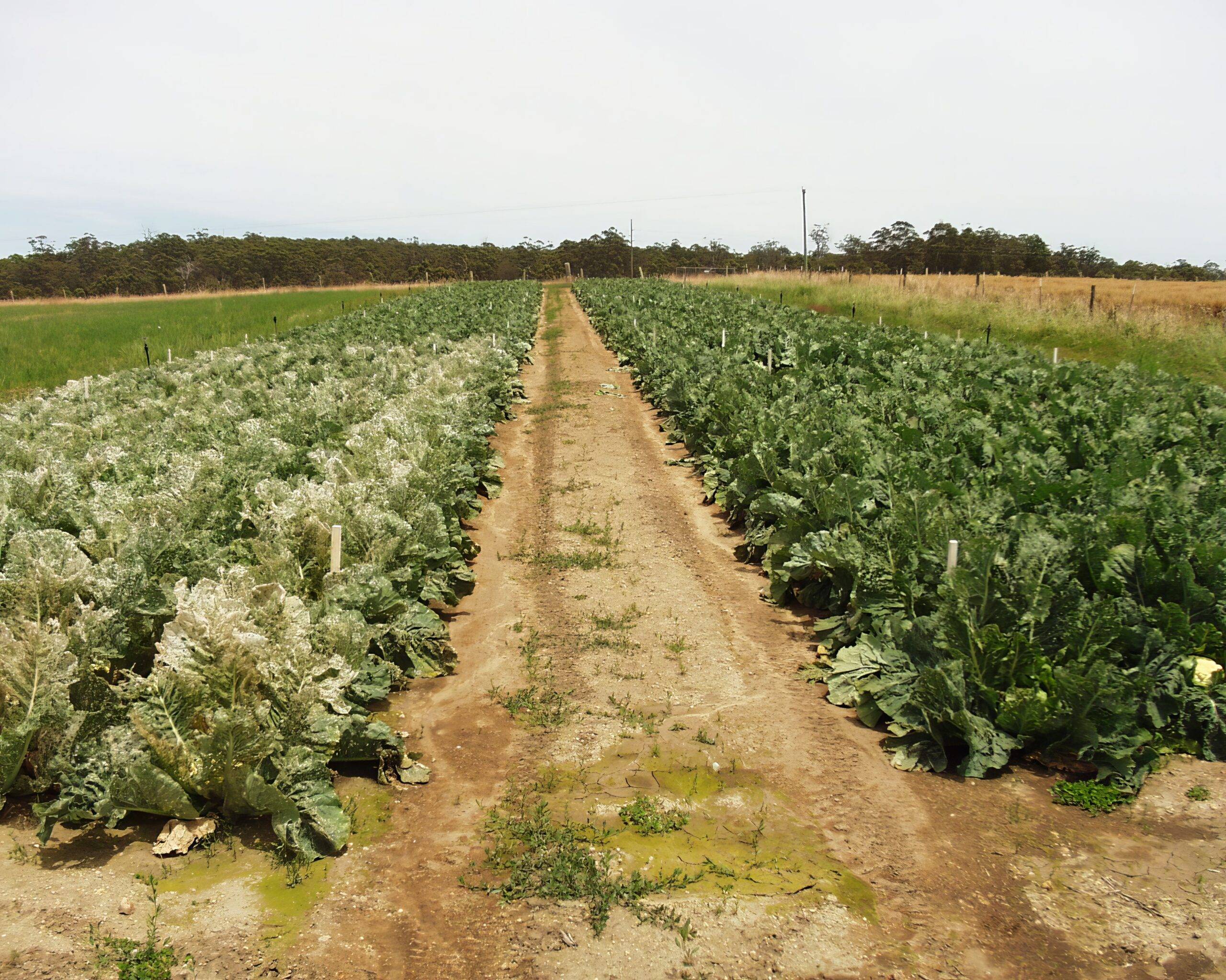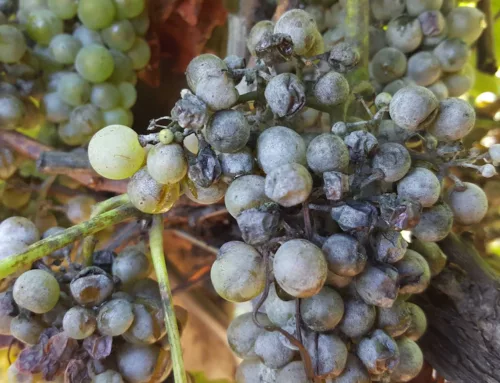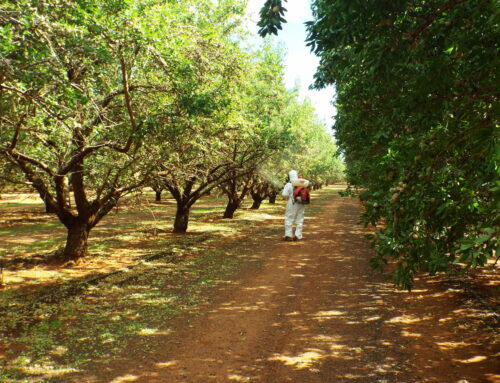The diamondback moth (Plutella xylostella) is a major pest of cabbage and other brassica crops. It is known for its ability to rapidly develop resistance to insecticides, making it a challenging pest to manage. R & D Solutions was engaged by an Australian agricultural company developing a new biocontrol agent designed to manage diamondback moth populations. Our broad expertise in cabbage cultivation and pest management made us a fitting choice for conducting the necessary field trials.
Objective:
The primary objective of the field trial was to assess the efficacy of the new biocontrol agent in managing diamondback moth populations in cabbage crops under field conditions.
Trial Design:
The trial used a randomized complete block design. Each block consisted of untreated control plants and plants treated with the new biocontrol agent. Conventional insecticides were also included in the trial for comparison purposes.
To reinforce the robustness of the results, the trial was conducted across multiple cabbage farms in different Australian regions, each representing a range of microclimatic conditions. The trial was replicated at each site.
Trial Procedure:
The field trial was initiated early in the cabbage growing season, before the expected emergence of diamondback moth larvae. The cabbage plants were monitored daily for the presence of diamondback moth.
Once the first signs of diamondback moth were observed, treatments were applied. The biocontrol agent and the conventional insecticides were administered as per their recommended usage rates. Applications were repeated at intervals based on the product specifications and the progression of the pest infestation.
Throughout the trial, our team closely monitored the cabbage plants for signs of diamondback moth activity and recorded any changes in environmental conditions.
Data Collection and Analysis:
We collected data on diamondback moth populations, damage incidence, and cabbage yield and quality. The population and damage data offered insights into the efficacy of the treatments in controlling diamondback moth. Yield and quality data provided an understanding of the potential impact of treatments on cabbage production.
The collected data was subjected to statistical analysis. The efficacy of the new biocontrol agent was compared with that of the untreated control and the conventional insecticides.
Outcome:
The trial results demonstrated that the new biocontrol agent was highly effective in controlling diamondback moth populations, showing efficacy comparable to conventional insecticides, with no adverse effects on cabbage yield or quality.
These results were instrumental in supporting the registration process of the new biocontrol agent, allowing the developing company to make informed decisions regarding its commercialization.
In conclusion, this trial demonstrates how R & D Solutions can assist clients in validating the effectiveness of innovative biocontrol agents. Our comprehensive trial design, diligent execution, and extensive data analysis deliver reliable, actionable insights that drive product development and contribute to the wider agricultural industry.






Leave A Comment